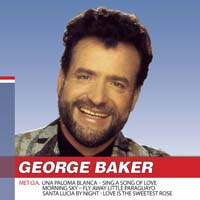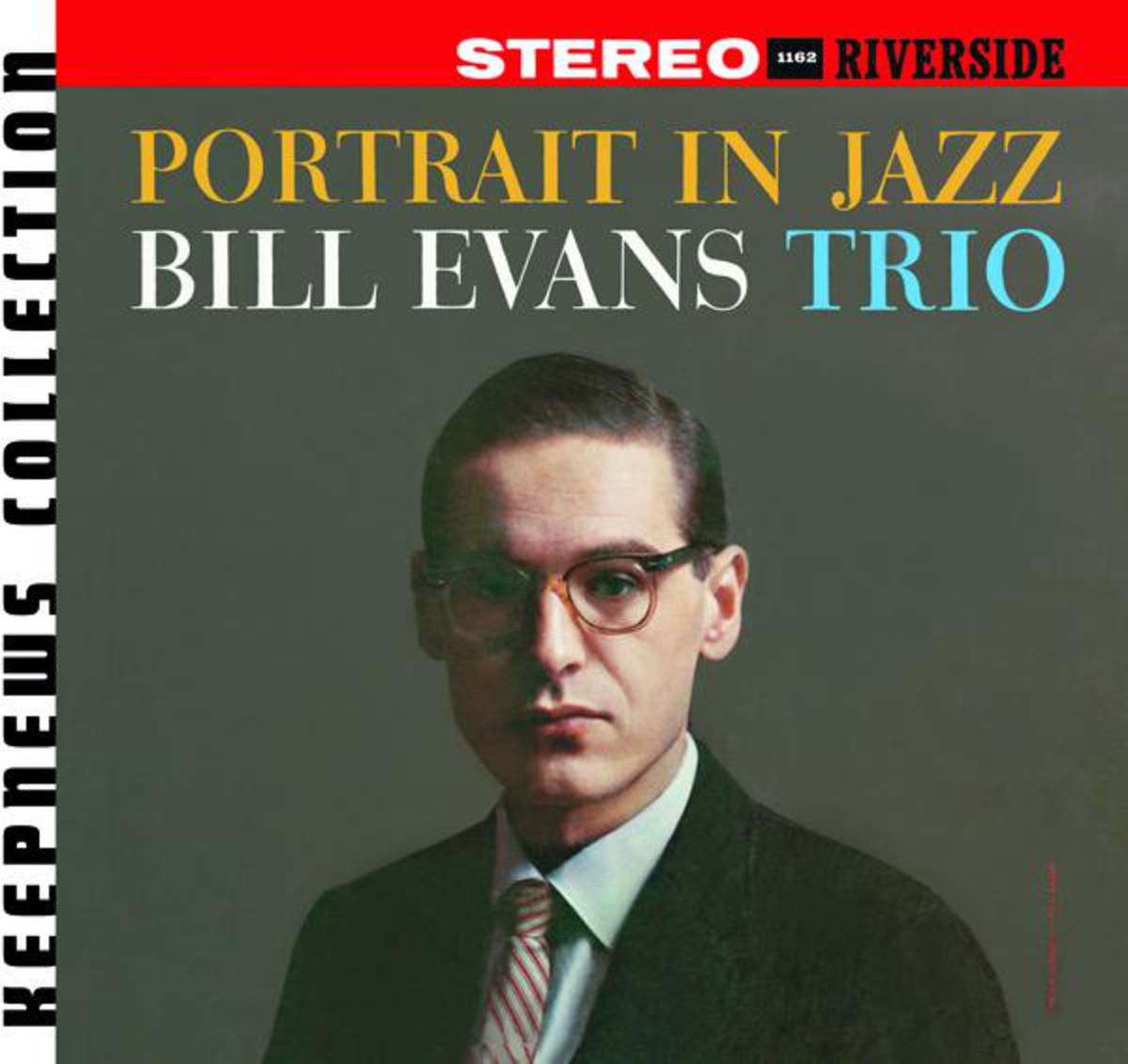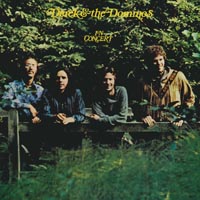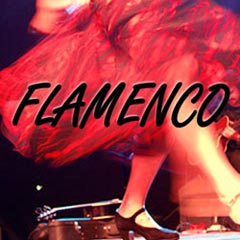2022-11-01
Los Delinqüentes - The Rebel Troubadours of Flamenco Fusion
Los Delinqüentes was a seminal band in the Spanish music scene, whose eclectic style and poetic lyrics blended flamenco, rock, blues, reggae, and rumba into a genre-defying sound. The band was formed in Jerez de la Frontera, Andalusia, in 1998, by singer and guitarist Diego Pozo El Ratón and guitarist and singer Miguel Ángel Benítez Moreno. The band's name was a nod to their youth as rebellious delinquent teenagers who found solace and inspiration in music. In this article, we will explore the musical biography of Los Delinqüentes, from their humble beginnings to their most famous albums and songs, and delve into the influences that shaped their unique style.
Los Delinqüentes started as a flamenco duo playing in the streets and bars of their hometown, honing their craft and gaining a loyal following with their raw and authentic approach to music. Their debut album, El sentimiento garrapatero que nos traen las flores (The gypsy feeling that the flowers bring us), released in 2001, was a breakthrough that garnered critical acclaim and commercial success, earning them a spot in the vanguard of the nuevo flamenco movement that revived and updated traditional flamenco with contemporary elements. The album featured hits like La primavera trompetera (The trumpeter spring), El aire de la calle (The air of the street), and El pelo de la dehesa (The hair of the pasture), which showcased the band's penchant for catchy hooks, infectious rhythms, and poetic lyrics that address social issues, love, and life with a sarcastic and ironic edge.
Los Delinqüentes' second album, Delinqüent Habits (2003), expanded their sonic palette by adding more rock and reggae elements to their mix, resulting in a more eclectic and adventurous sound that defied categorization. The album included collaborations with Manu Chao, who produced and played on several tracks, and Kiko Veneno, a veteran singer-songwriter who has inspired and influenced the band's style. The album's most famous songs are Pirata del estrecho (Strait pirate), a haunting tale of a smuggler who rides the waves between Africa and Europe, Chiclana, a catchy ode to a town in Cadiz, and La primavera (The spring), a romantic ballad with a reggae beat.
Los Delinqüentes' third album, Bienvenidos a la época iconoclasta (Welcome to the iconoclastic era) (2006), was a more introspective and experimental effort that explored new sonic territories while maintaining their trademark wit and charm. The album features collaborations with musicians from different countries and genres, such as Brazilian percussionist Naná Vasconcelos, Spanish rapper El Langui, and Cuban jazz pianist Chucho Valdés. The album's standout tracks include La sonrisa de Johnny Rotten (Johnny Rotten's smile), an homage to the punk icon, El abuelo Frederick (Grandpa Frederick), a sentimental tribute to a beloved grandfather, and Todos los borrachos son amigos míos (All the drunks are my friends), a frivolous yet catchy party anthem.
Los Delinqüentes' fourth and final album, Recuerdos Garrapateros de la Flama y el Carril (Garrapatero memories of flame and rail) (2010), was a retrospective compilation that showcased the band's evolution and highlights. The album included remastered versions of their best-known songs, as well as some unreleased tracks and B-sides. The album's title refers to the band's two main sources of inspiration: flamenco, represented by the flama (flame), and the railroad, symbolized by the carril (rail), which connects them with other places and cultures.
In terms of musical style, Los Delinqüentes was a band that defied easy classifications, as their music blended elements from different genres and traditions into a unique hybrid that reflected their diverse influences and experiences. Their music was rooted in flamenco, which they approached with a punk attitude and a disregard for rules and conventions. They also drew from rock, reggae, blues, and rumba, incorporating electric guitars, percussion, and other instruments into their sound. Their lyrics were witty, poetic, and socially conscious, addressing topics like poverty, marginalization, and immigration in a playful and subversive way. They were also known for their charismatic and engaging live performances, which they delivered with a contagious energy and a sense of humor.
Los Delinqüentes was a band that left a mark on Spanish music history, by showcasing a fresh and innovative approach to flamenco fusion that transcended boundaries of culture, geography, and genre. Their musical legacy still resonates with fans and newcomers alike, who appreciate their rebellious spirit, catchy tunes, and heartfelt lyrics. If you haven't listened to Los Delinqüentes yet, don't hesitate to delve into their discography, and discover the sound of the rebel troubadours of flamenco fusion.
Los Delinqüentes started as a flamenco duo playing in the streets and bars of their hometown, honing their craft and gaining a loyal following with their raw and authentic approach to music. Their debut album, El sentimiento garrapatero que nos traen las flores (The gypsy feeling that the flowers bring us), released in 2001, was a breakthrough that garnered critical acclaim and commercial success, earning them a spot in the vanguard of the nuevo flamenco movement that revived and updated traditional flamenco with contemporary elements. The album featured hits like La primavera trompetera (The trumpeter spring), El aire de la calle (The air of the street), and El pelo de la dehesa (The hair of the pasture), which showcased the band's penchant for catchy hooks, infectious rhythms, and poetic lyrics that address social issues, love, and life with a sarcastic and ironic edge.
Los Delinqüentes' second album, Delinqüent Habits (2003), expanded their sonic palette by adding more rock and reggae elements to their mix, resulting in a more eclectic and adventurous sound that defied categorization. The album included collaborations with Manu Chao, who produced and played on several tracks, and Kiko Veneno, a veteran singer-songwriter who has inspired and influenced the band's style. The album's most famous songs are Pirata del estrecho (Strait pirate), a haunting tale of a smuggler who rides the waves between Africa and Europe, Chiclana, a catchy ode to a town in Cadiz, and La primavera (The spring), a romantic ballad with a reggae beat.
Los Delinqüentes' third album, Bienvenidos a la época iconoclasta (Welcome to the iconoclastic era) (2006), was a more introspective and experimental effort that explored new sonic territories while maintaining their trademark wit and charm. The album features collaborations with musicians from different countries and genres, such as Brazilian percussionist Naná Vasconcelos, Spanish rapper El Langui, and Cuban jazz pianist Chucho Valdés. The album's standout tracks include La sonrisa de Johnny Rotten (Johnny Rotten's smile), an homage to the punk icon, El abuelo Frederick (Grandpa Frederick), a sentimental tribute to a beloved grandfather, and Todos los borrachos son amigos míos (All the drunks are my friends), a frivolous yet catchy party anthem.
Los Delinqüentes' fourth and final album, Recuerdos Garrapateros de la Flama y el Carril (Garrapatero memories of flame and rail) (2010), was a retrospective compilation that showcased the band's evolution and highlights. The album included remastered versions of their best-known songs, as well as some unreleased tracks and B-sides. The album's title refers to the band's two main sources of inspiration: flamenco, represented by the flama (flame), and the railroad, symbolized by the carril (rail), which connects them with other places and cultures.
In terms of musical style, Los Delinqüentes was a band that defied easy classifications, as their music blended elements from different genres and traditions into a unique hybrid that reflected their diverse influences and experiences. Their music was rooted in flamenco, which they approached with a punk attitude and a disregard for rules and conventions. They also drew from rock, reggae, blues, and rumba, incorporating electric guitars, percussion, and other instruments into their sound. Their lyrics were witty, poetic, and socially conscious, addressing topics like poverty, marginalization, and immigration in a playful and subversive way. They were also known for their charismatic and engaging live performances, which they delivered with a contagious energy and a sense of humor.
Los Delinqüentes was a band that left a mark on Spanish music history, by showcasing a fresh and innovative approach to flamenco fusion that transcended boundaries of culture, geography, and genre. Their musical legacy still resonates with fans and newcomers alike, who appreciate their rebellious spirit, catchy tunes, and heartfelt lyrics. If you haven't listened to Los Delinqüentes yet, don't hesitate to delve into their discography, and discover the sound of the rebel troubadours of flamenco fusion.
Tag: Los Delinqüentes, musical biography, best songs, playlist
2022-11-01
The Musical Biography of Billy Eckstine: A Jazz Icon
Billy Eckstine is a name synonymous with the jazz and big band musical genres. He has lent his voice to some of the most legendary tunes of the 20th century, leaving an indelible mark on the music industry...read more
2022-11-01
Bran Van 3000: A Musical Journey Through Time
Music is a form of art that crosses cultural borders and brings people together. For those who appreciate and love music, artists and bands hold a special place in our hearts...read more
2025-01-07
A Deep Dive Into George Baker's Music: Criticisms and Celebrations
George Baker is one of the most popular music artists in history, and his classic hits have stood the test of time. From the swinging melodies of Little Green Bag to the anthemic duet Paloma Blanca, George Baker has established himself as a fixture in pop culture...read more
2022-11-01
The Beautiful Life and Music of Bill Evans
Do you have a love for jazz music? Are you familiar with Bill Evans? If you are a music lover, especially a jazz enthusiast, then you must know the name Bill Evans. He is one of the most recognized and respected jazz artists in history...read more
2024-06-28
Derek and The Dominos: A Look at Their Legacy and Controversy
If you’re a fan of classic rock, then chances are that Derek and The Dominos has at least crossed your radar. Throughout the years, they have left an indelible mark on music lovers everywhere through some truly incredible hits like “Layla” and “Bell Bottom Blues...read more
SUGGESTED PLAYLISTS








